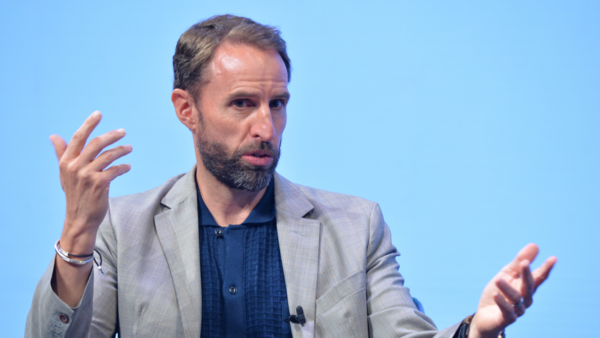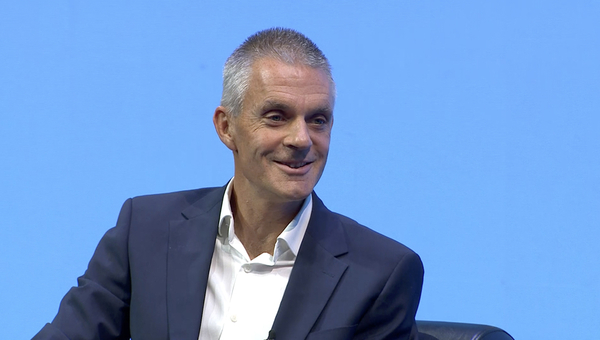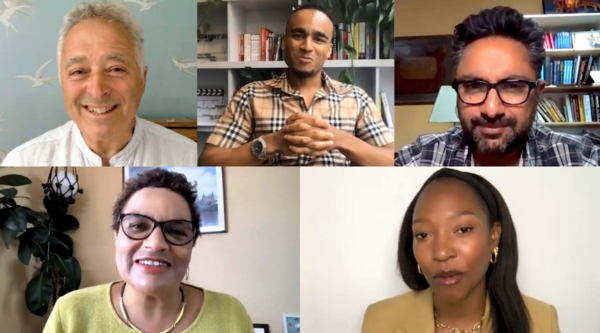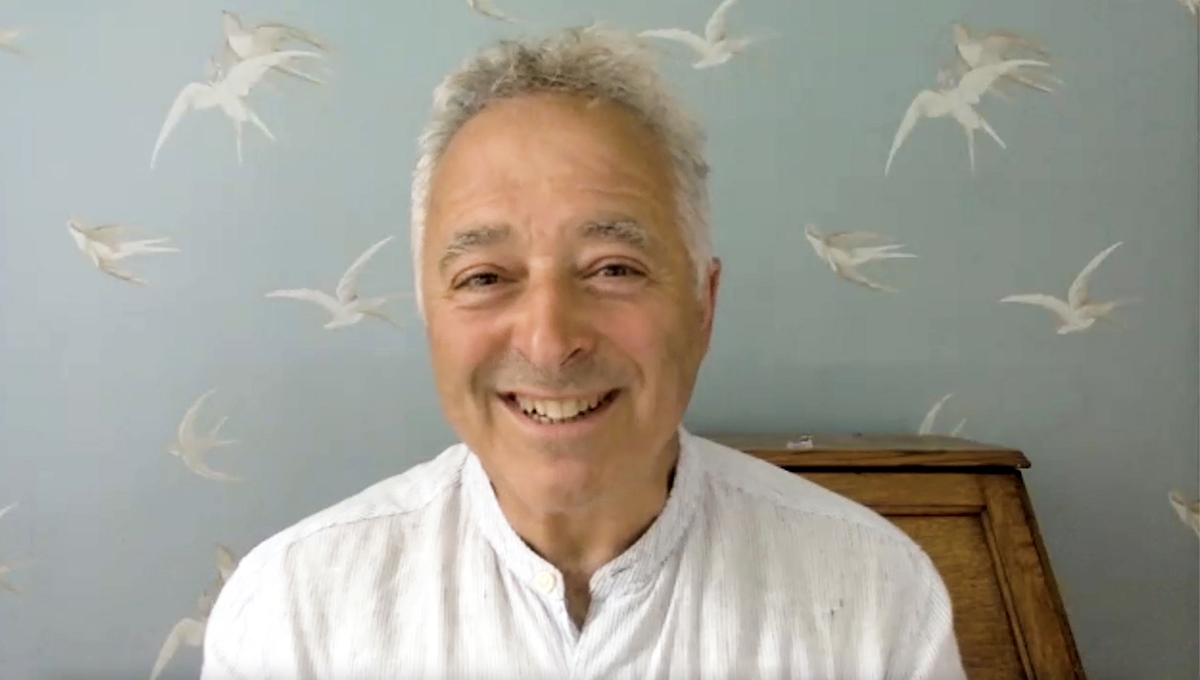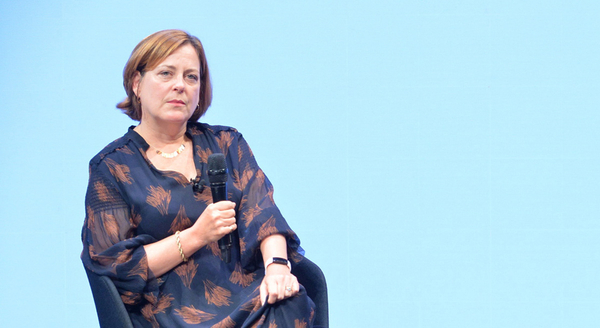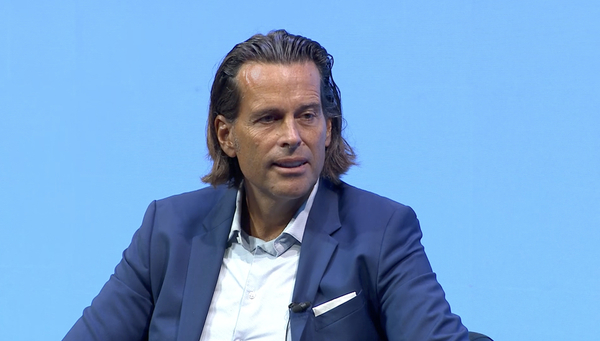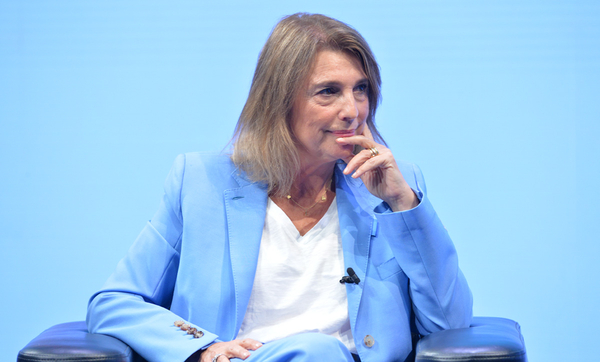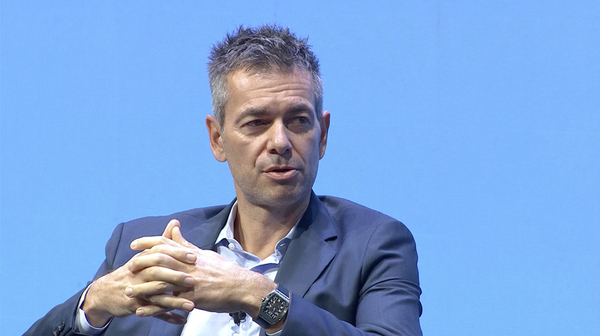The truth about toxicity in the UK television industry | TOXIC
Youtube Originals presents a Century Films production which how a bullying culture still exists in the UK film and TV industry. Using powerful testimony from real-life survivors working in the industry, actors deliver their stories to create an unsettling and potent look at what continues to happen in some parts of the industry.
Directed by Brian Hill and executive produced by Luke Hyams.

